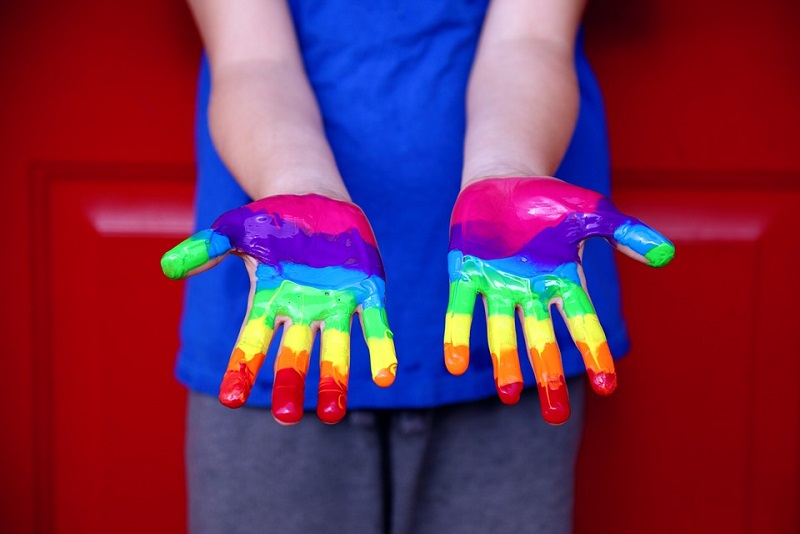My four year old has almost finished her first term in reception. She has got to grips with registration, literacy sessions, free flow play, lunchtime, play time and assemblies. She has put thirty new names to thirty new faces, been to whole class parties and the school disco, and is now preparing for the Christmas play.
Through the online learning journal I can see what she’s been doing at school, and my favourite posts are the transcripts of whole class conversations about particular topics. I’ve read thirty young opinions on ‘what makes me special’, strong views on the most effective method of making a sandwich, and the long debate that led to a somewhat parliamentary vote on what to call their learning groups. The conversation that made me feel both proud and relieved was the one about ‘my family’. My daughter told her class that she lived with Mummy, Mumma, her little sister, and the cat. Before she started school, I was unsure how confident she would feel when talking about our family, which is different to most, but it does not seem to have fazed her.
I had wondered if once she started school she would begin to ask more questions about why she doesn’t have a dad, or why she has two mums, but she hasn’t. Instead, she has come home asking how babies get into a mummy’s tummy (‘do you just need to eat lots of food?’), and how they get out again (she wouldn’t be fobbed off with my vague answers about midwives helping babies to be born). In time, I am sure her questions about our family will come, but I have been pleased that children and adults alike have accepted and encouraged pupils to talk about their families with all their similarities and differences.
When I stand in the playground at pick up time, I wonder if my family is so different to others anyway. I see both mums and dads picking up their children, separated parents doing the school run on different days of the week, children who live with only their mum or their dad, children living with their grandparents, children who have been adopted, children being picked up by nannies, childminders, grandma or grandpa. More than this, the children themselves are individuals. At four, she is starting to notice differences in physical appearance; taller, smaller, hair and eye colour, glasses, hearing aids, fair skin, or birth marks. Part of the beauty of childhood is that they all seem to accept these differences without question or prejudice, playing with other children based on their personalities rather than any preconceived ideas they might have about them.
There are other children within the school who have two mums, and I understand that their children have felt that their family has been included when it comes to important dates; making two cards for Mother’s Day for example. I was reassured by the teachers that they are careful with the language they use each day, trying to refer to ‘grown ups’ rather than ‘mums and dads’.
We’re still in the very first term of school, and I am aware that my daughter can’t exist in a blissful bubble forever. It has, however, been a relief to watch her settle in before having to manage any unexpected comments. I’m sure that remarks will be made that confuse her, or make her feel uncomfortable or fed up, but I hope that I have given her the confidence to know that her family is just as valid as anyone else’s. Our family may have an obvious difference, but families are diverse and I am glad that her school is embracing and celebrating this.



No comments yet. Be the first one to leave a thought.